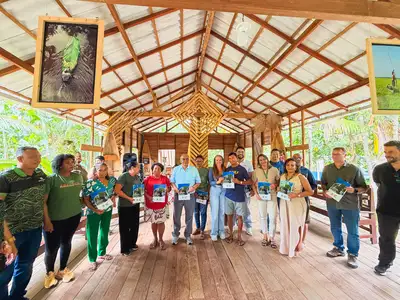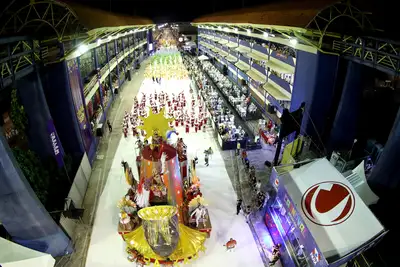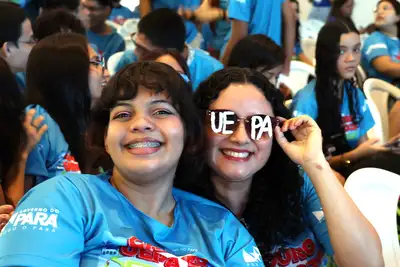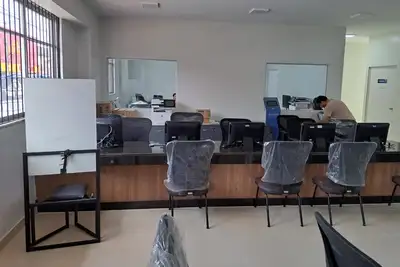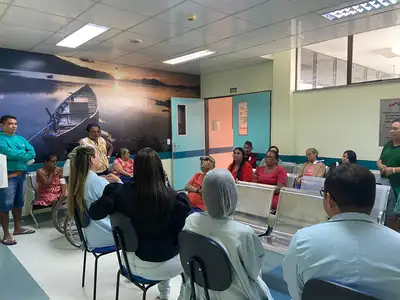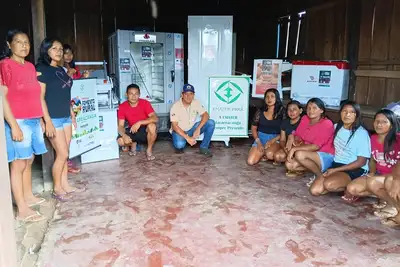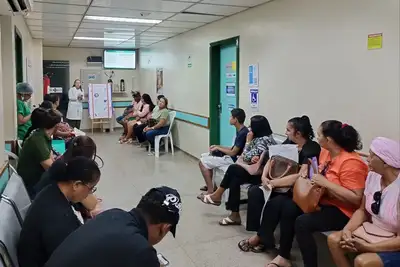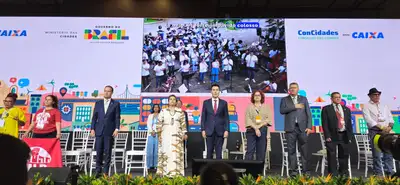Emater staff will be trained to enhance support on climate change in rural areas
Unprecedented training from the MDA, presented at COP30, will qualify Emater extension agents to guide family farmers in sustainable practices and in facing the impacts of climate change
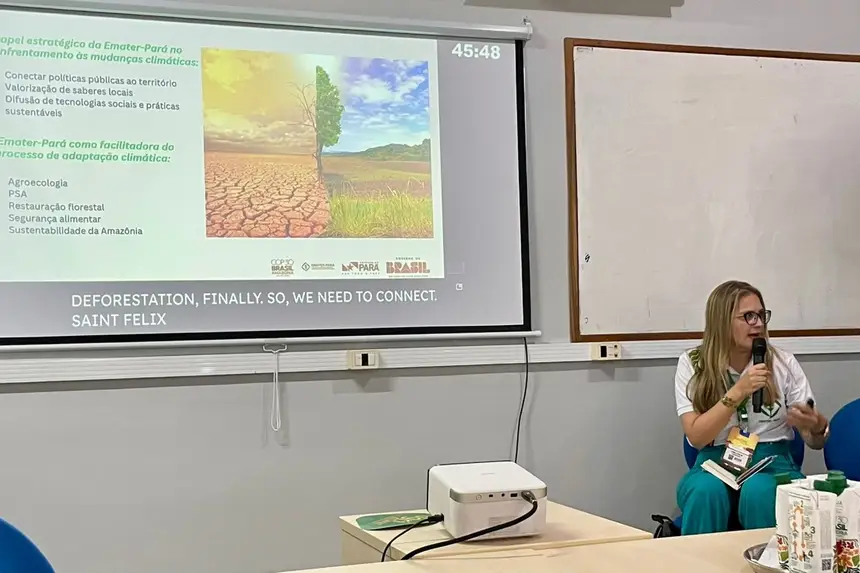
Field agents serving the Technical Assistance and Rural Extension Company of the State of Pará (Emater), known as "rural extensionists of the government of Pará", are expected to participate in the first semester of next year in an innovative course on how to better guide family farmers in the 144 municipalities to adopt sustainable strategies and to activate public policies in facing climate change.
The training "Technical Assistance and Rural Extension (Ater) and Climate Change in Family Agriculture" was pre-launched this Thursday (20) by the Ministry of Agrarian Development and Family Agriculture (MDA) at an event at the 30th United Nations Conference on Climate Emergencies (COP30) in Belém.
The panel in question took place at Agrizone, at the headquarters of the Brazilian Agricultural Research Corporation (Embrapa), in the Marco neighborhood, with a guest presentation by the operations coordinator of Emater: environmental engineer Camila Salim, a specialist in Environmental Management and Sustainable Development in the Amazon and a master's degree holder in Environmental Sciences.
"The importance of Emater in this emerging context of Climate Ater is to bring public policies that help farmers reduce the impacts of climate change. As an example, we have the PRA [Environmental Regularization Program], the PSA [Payment for Environmental Services], and rural credit itself. We also emphasize the issue of technologies: irrigation in the implementation of SAFs [Agroforestry Systems] is another example," she details.
Course
The 40-hour training offered by the MDA and partners will be online, free, and open to anyone, at the level of MOOCs (Massive Open Online Courses), through the Distance Learning (EAD) platform of the Federal University of Rio Grande do Sul (UFRGS). The curriculum considers the knowledge of indigenous and traditional peoples and communities, sector legislation, and the use of renewable energies in rural production.
Text: Aline Miranda



